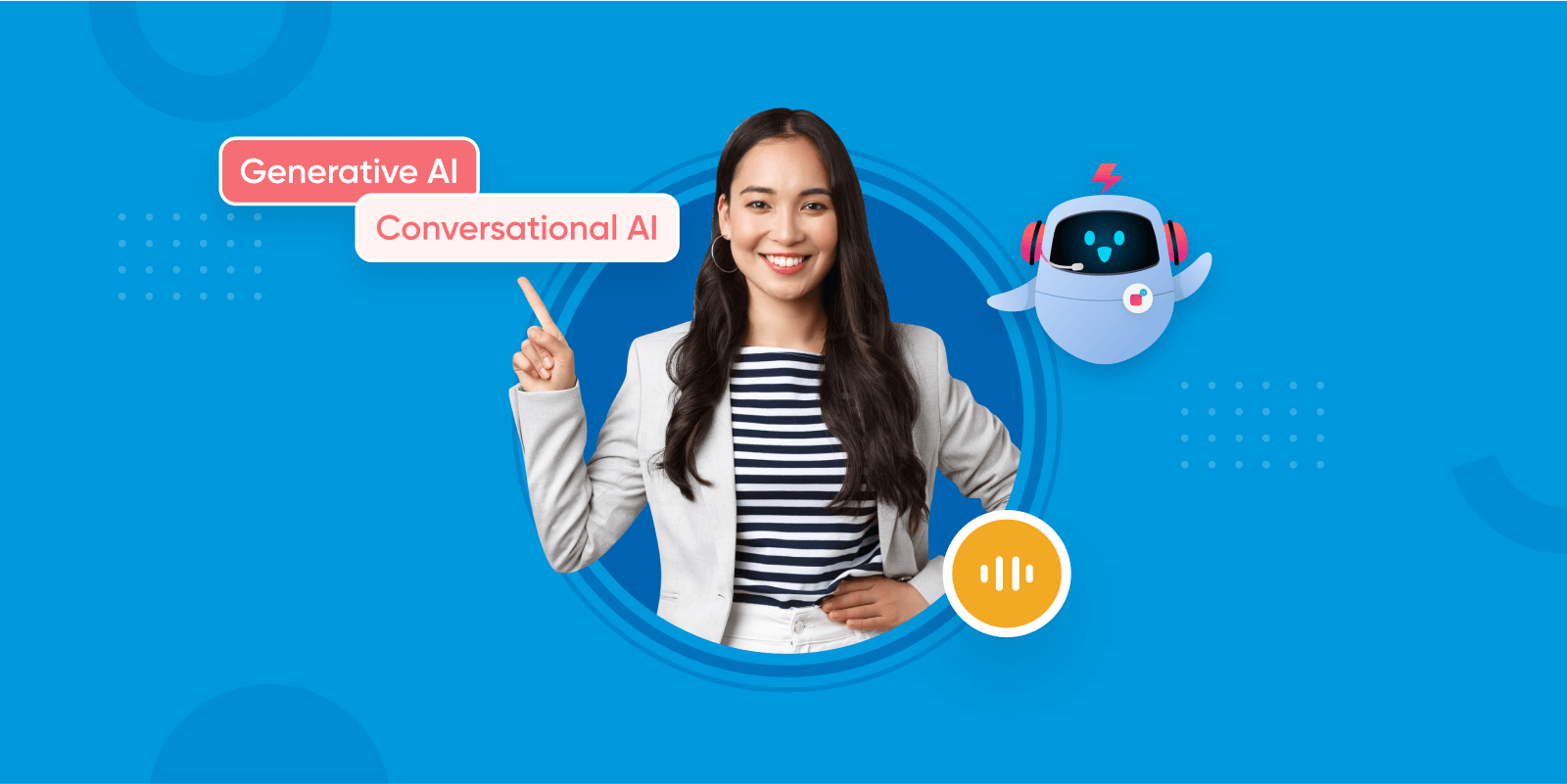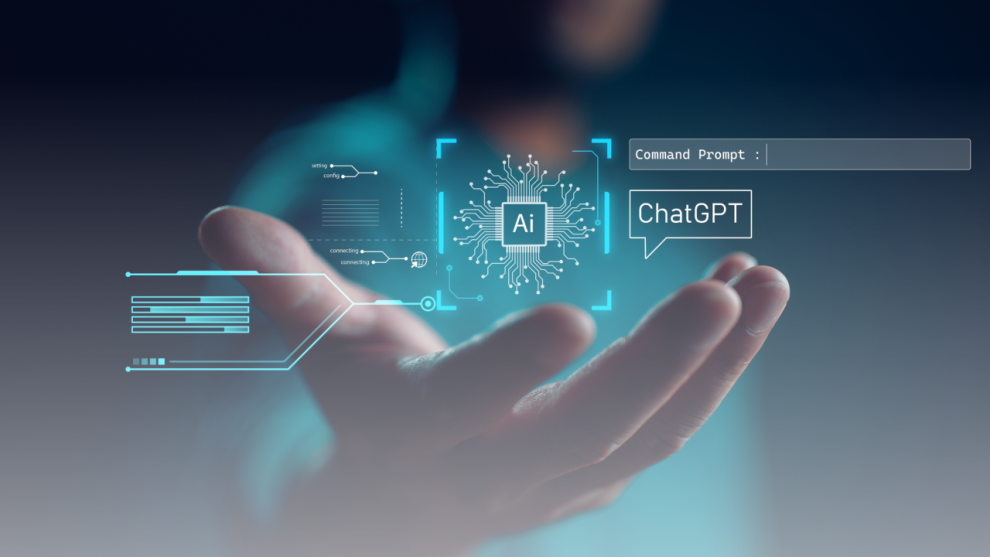The world of artificial intelligence (AI) is rapidly evolving, pushing the boundaries of what machines can understand and achieve. While early AI systems focused on tasks and logic, a new generation of generative conversational AI is emerging, capable of holding engaging dialogues and even displaying basic emotional understanding. This raises a fascinating question: can AI truly develop emotional intelligence, and what does this potential future hold for human-AI interaction?
This in-depth blog delves into the thrilling intersection of generative conversational AI and emotional intelligence, exploring the latest advancements, potential challenges, and exciting possibilities ahead.

Generative Conversational AI: Mimicking More Than Words
GC AI, unlike its rule-based predecessors, uses machine learning techniques to dynamically generate responses in real-time.
These systems analyze conversation context, user intent, and even emotional cues to create natural and engaging interactions.
Popular examples include chatbots on customer service websites, virtual assistants like Siri and Alexa, and even AI-powered companions like Replika.
While mimicking human conversation patterns is impressive, the real intrigue lies in the quest for emotional intelligence (EQ) in AI. EQ refers to the ability to understand, use, and manage emotions effectively. Can machines truly tap into this human-like capability?
The Quest for Emotional AI: Understanding and Responding to Feelings

The path towards emotional AI involves several key aspects:
- (ER): Emotion recognition: AI systems need to accurately identify emotions in human voice, text, and facial expressions by analyzing subtle cues.
- (EU): Emotion understanding: Beyond recognition, AI needs to grasp the context and meaning behind emotions and how they influence behavior.
- (EG): Emotion generation: Most advanced is AI generating its own emotional responses, like expressing empathy or tailoring communication style.
Significant research is ongoing in these areas, especially emotion understanding, which remains a key challenge on the quest for truly emotionally intelligent AI.
The Implications: Ethical Considerations and Human-AI Connections
As we venture deeper into emotional AI, several ethical considerations arise:
- Can AI recognize and avoid emotional biases?
- How can we ensure transparency and build trust in emotional AI?
- Will emotional AI replace genuine human connection and empathy?
These complex questions require careful thought as we develop and deploy such AI systems. The future likely lies in human-AI collaboration, with technology augmenting human capabilities and connections rather than replacing them.
The Future of Human-AI Interaction
Despite the challenges, emotionally intelligent AI has vast potential benefits across many fields:
- Healthcare: AI companions offering emotional support to patients
- Education: Tutors adapting teaching style based on students’ emotional states
- Customer Service: Chatbots providing empathetic and effective assistance
The key is crafting AI that works with humans collaboratively by providing emotional insights and support where needed, while preserving uniquely human strengths like forming meaningful connections.
By considering ethics and fostering collaboration over competition, we can shape an exciting future where emotional AI enhances well-being, deepens understanding, and strengthens human bonds.
















Add Comment